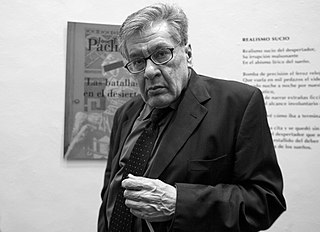A Quote by Harold Nicolson
We are all inclined to judge ourselves by our ideals; others, by their acts.
Related Quotes
Most people use two totally different sets of criteria for judging themselves versus others. We tend to judge others according to their actions. It's very cut-and-dried. However, we judge ourselves by our intentions. Even if we do the wrong thing, if we believe our motives were good, we let ourselves off the hook. And we are often willing to do that over and over before requiring ourselves to change.
The remarkable thing is that we really love our neighbor as ourselves: we do unto others as we do unto ourselves. We hate others when we hate ourselves. We are tolerant toward others when we tolerate ourselves. We forgive others when we forgive ourselves. We are prone to sacrifice others when we are ready to sacrifice ourselves.
The desire of excellence is the necessary attribute of those who excel. We work little for a thing unless we wish for it. But we cannot of ourselves estimate the degree of our success in what we strive for; that task is left to others. With the desire for excellence comes, therefore, the desire for approbation. And this distinguishes intellectual excellence from moral excellence; for the latter has no necessity of human tribunal; it is more inclined to shrink from the public than to invite the public to be its judge.





































